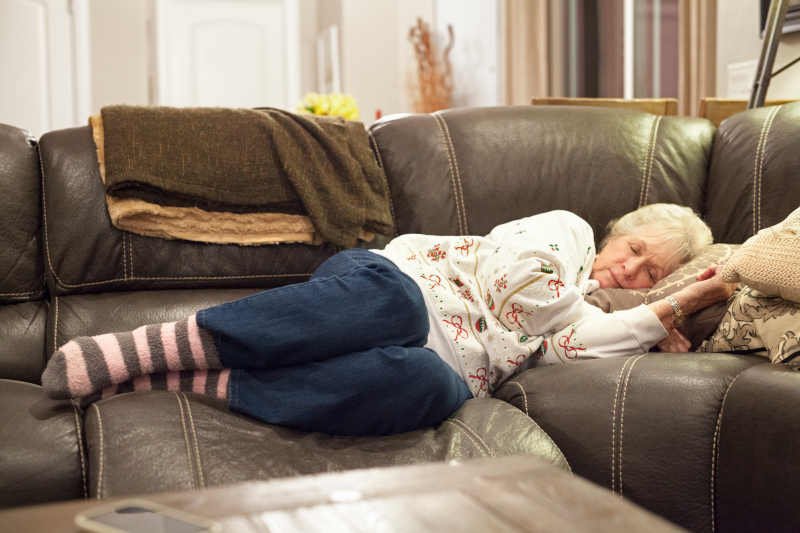The Benefits of Napping
Naps become commonplace as you age. Nothing feels as good as snuggling up with your favorite blanket for some shut-eye. When it comes to hospice patients, these naps are imperative to help them keep their strength. So why does this period of rest feel so good, and is it doing anything helpful for your body?
Your Sleeping Changes as You Age
First, you should know that your sleep quality decreases as you age. Experts at Harvard Medical School discovered that older people sleep around two hours less per night than younger folks. So if you thought the older generation didn’t need as much sleep as the elderly, you had it backward.
Changes occur in your rapid sleep cycles, making you spend less time in your REM or deep rest. Many people struggle with being awakened more often, usually to use the restroom. Whether you’re 26 or 80 doesn’t make any difference, as your body needs about 6-8 hours of sleep each night to restore the damage done during the day.
To Nap or Not to Nap?
Some people think that napping will disrupt the nighttime sleep cycle, but when people aren’t getting the required amount of sleep, it can be helpful to catch up on any missed rest. The good news is that a nap will just add to your overall sleep time. The key is to ensure that you don’t rest for too long during your power naps if you don’t want it to cause excessive daytime drowsiness.
Additionally, there are many cognitive benefits for you to consider. For example, Harvard used a group of healthy women between 50-80 years of age. They wanted to see how much sleep they were getting at night and if a nap had any bearing on their daytime functioning.
The results were uncanny. Not only did they find that these ladies have enhanced cognitive function on their tests, but those who took 45-minute naps felt way more refreshed than those who took two-hour snoozes. So power naps, or anything under an hour, seem to have many benefits, and it doesn’t interfere with nighttime rest.
Rest is Important to Hospice Patients
When it comes to hospice patients, the key is to allow their bodies to rest as much as possible. Even if you feel that they need to be awake more, their body needs sufficient rest to keep up. Therefore, so many hospitals and other care facilities limit visiting hours because they know that getting rest is more important to their patients.
Whether you’re a caregiver or find yourself in hospice, know that it’s okay for you to get the sleep you need. But, if you feel tired, rest. When you’re struggling with a significant illness, it’s only natural that you’re going to be tired and overwhelmed. So, it’s better to slip a few siestas in during the day than it is to be awake and exhausted.




